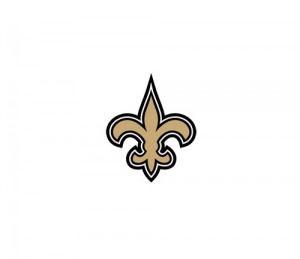When the NFL and a private company both tried to lay claim to the exclusive right to use “Who Dat?” on merchandise ahead of the New Orleans Saints’ Super Bowl appearance in 2010, few people (if any) were surprised to hear about the public outcry (not to mention bevy of lawsuits) that followed. While several of the underlying lawsuits are still yet to be resolved, news reports indicate that the NFL and Who Dat, Inc. have recently settled their dispute over who has exclusive rights in the “Who Dat?” phrase.
The result? It looks like the parties probably entered into an agreement that allows them to work collaboratively to develop NFL-branded “Who Dat?” merchandise. With regard to other types of products and services (for example, a restaurant owner has also challenged Who Dat, Inc.’s claim of trademark rights), the outcome is still unresolved.
Interestingly, what the restaurant owner and Saints fans have argued from the beginning is that “Who Dat?” is a historical part of the New Orleans lexicon, and it therefore belongs to the public as a whole. In other words, they don’t contend that the NFL and Who Dat, Inc. don’t have standing to claim exclusive rights; rather, they contend that no one is in a position to claim ownership of the phrase.
Under federal trademark law, they may have a point. Trademarks are “indicia of origin” that serve to identify the source of a product or service. While there is nothing to prevent a company from staking claim to a pre-existing phrase as a general matter (this happens all the time), where a phrase is so popular — and so ingrained with cultural relevance — can any one entity really claim that it identifies them alone? Perhaps not. In fact, it seems the NFL may have acknowledged this issue, as nola.com reported that the league “has no plans to take action against other companies using the Who Dat? name on merchandise that does not also contain an NFL-protected trademark.”
In summary, after years of legal wrangling and apparent seven-figure attorneys’ fees, it looks like “Who Dat?” may end up back in the position where it started–as a cultural rally cry, and not as a commercial entity. That’s not to say you won’t see it on t-shirts for years to come–just that those t-shirts will come from more than one distributor. While I am an ardent supporter and advocate of developing and protecting trademark rights, in this case I can’t say that that’s a bad thing.
This article is provided for informational purposes only, and does not constitute legal advice.










